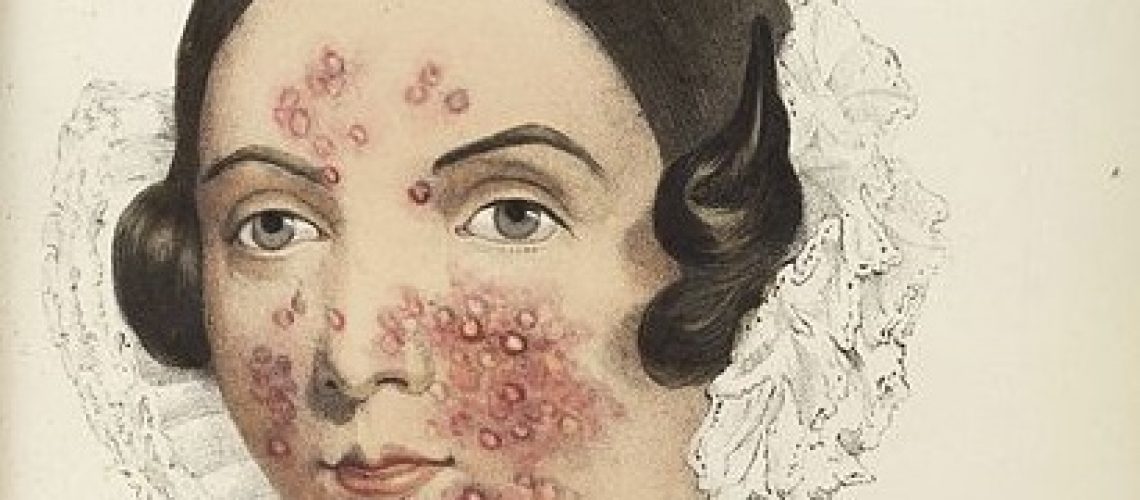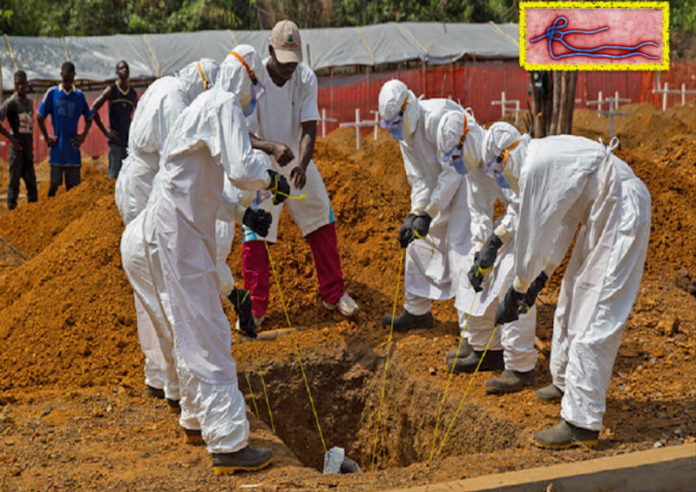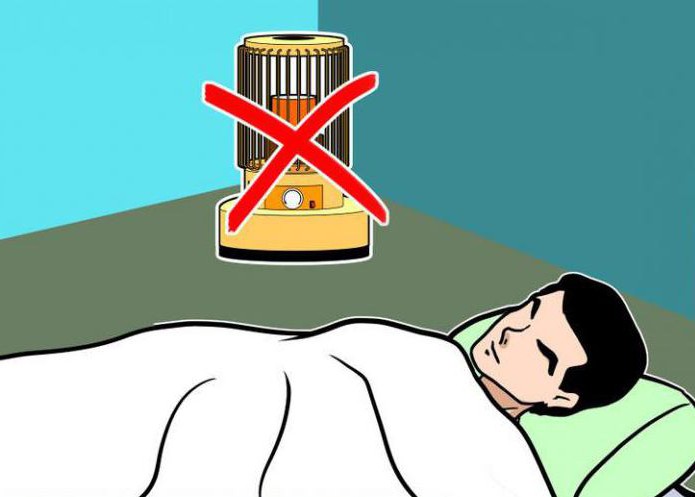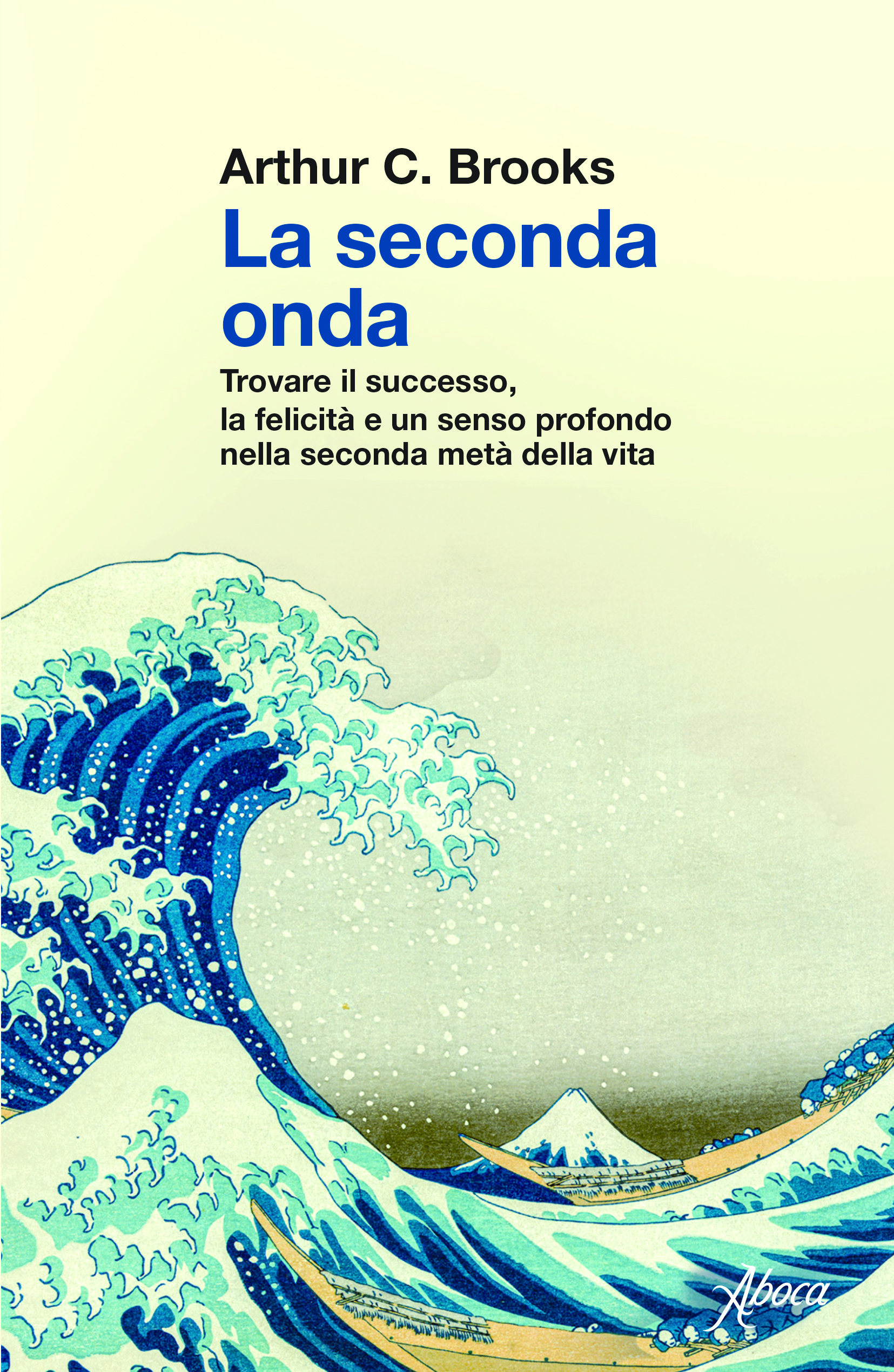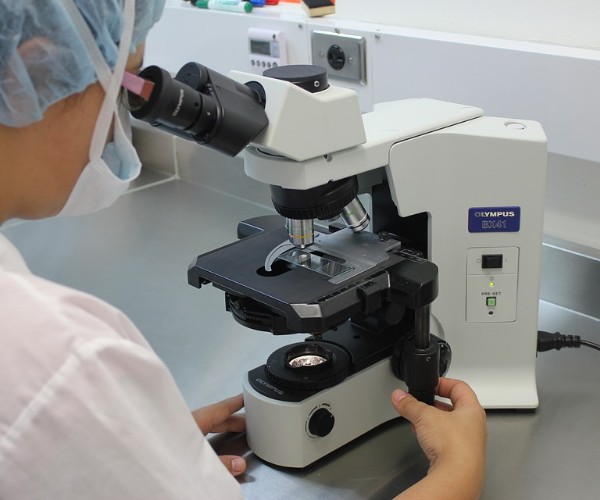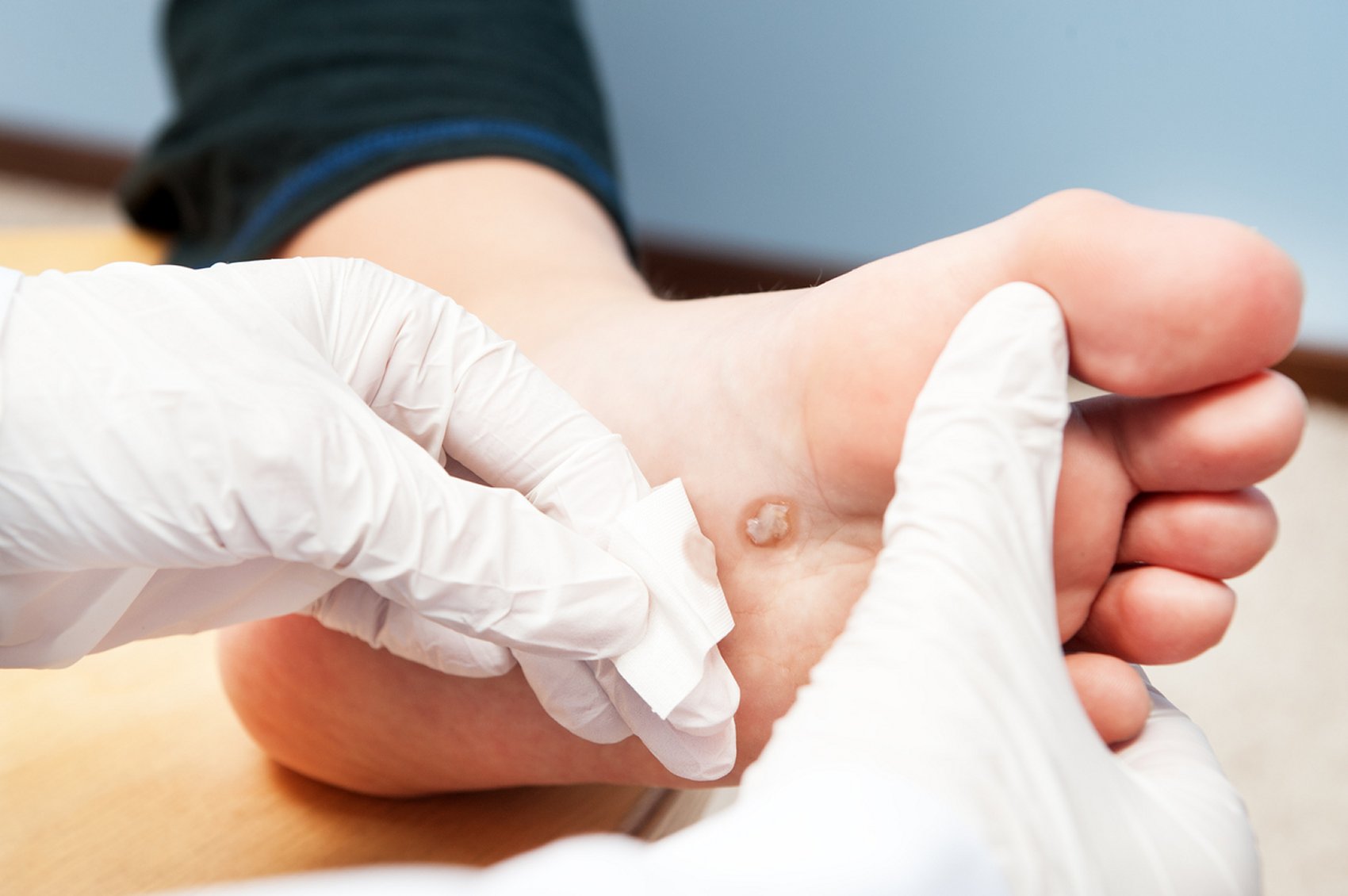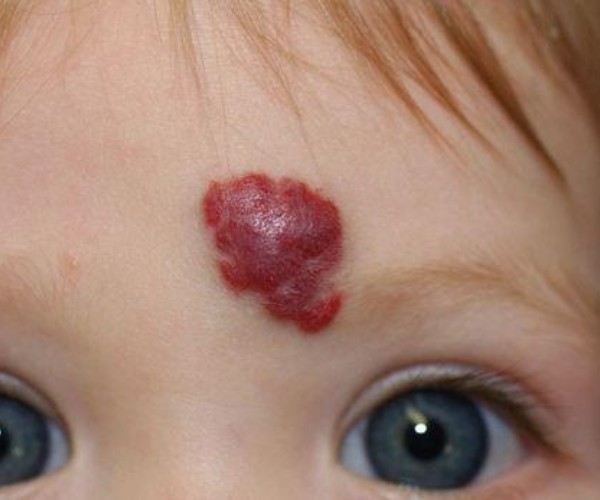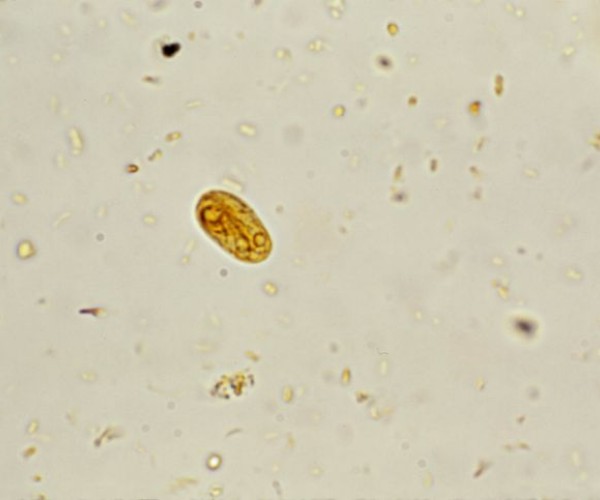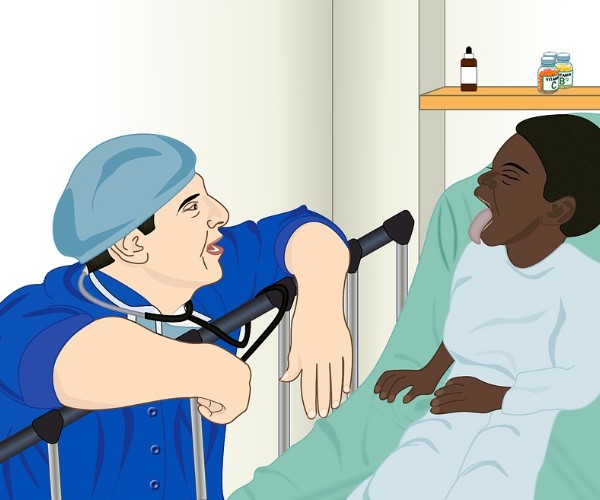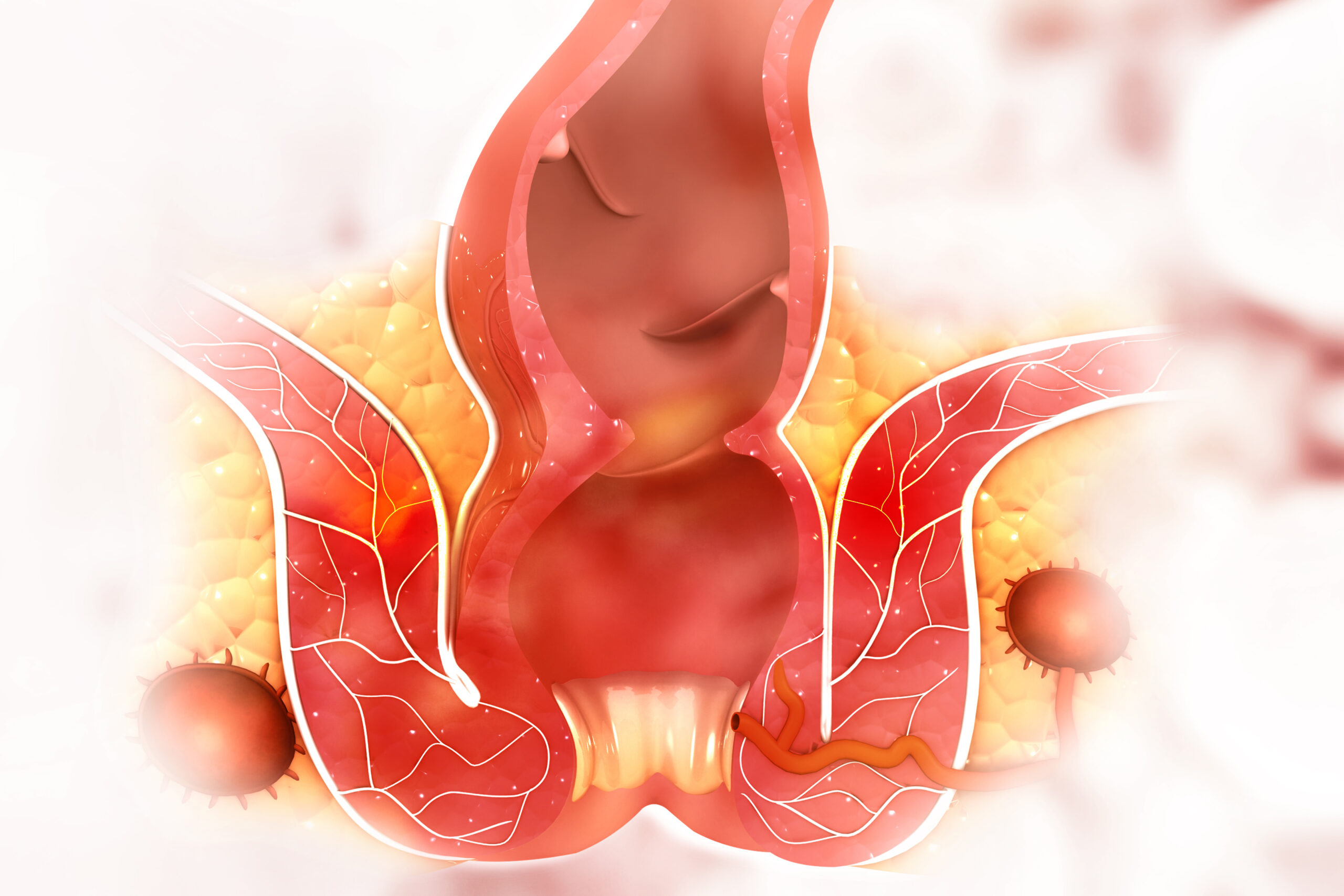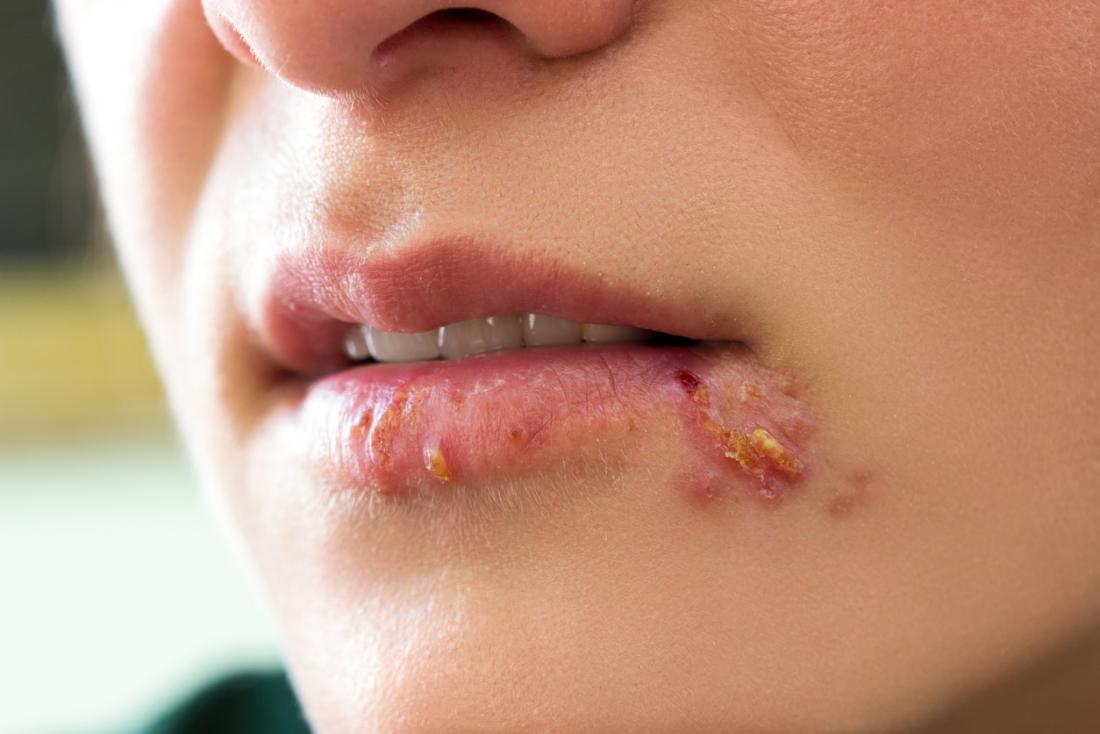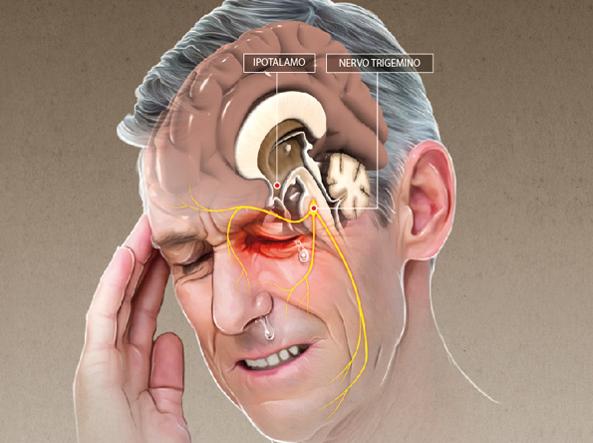Why do some people suffer from severe acne? A large genetic study reveals that hair follicle formation may be the key: published in Nature Communications, it examined 26,722 individuals, of whom 5,602 suffered from severe acne.
The study was conducted by a team of British researchers, who identified 15 regions of the genome linked to the development of acne, 12 of which had not previously been linked to the condition. Many variants have been seen to influence hair follicle formation, a previously unknown risk factor.
Acne is one of those conditions that still has no perfect treatment, with expensive creams and pills providing some benefits but often not completely solving the problem. The large British study suggests that we may have overlooked an important factor in determining its development. “Applying these genetic approaches to acne is something totally innovative and a significant step forward,” said one of the authors, Jonathan Barker of King’s College London.
The researchers were surprised by the fact that there are numerous genetic variants that seem to affect the structure and function of hair follicles and hypothesized that some of them make this structure more prone to inflammation and bacterial infection, which are typical manifestations of acne.
One of these variants, called WNT10A, is related to ectodermal dysplasia, a condition that causes sparse, thin hair as well as physical abnormalities of the nails, teeth, skin, and glands. About 22 percent of the variability in characteristics observed in acne patients was explained by the genetic variants examined in the study, but the researchers believe that other regions of the genome also contribute to the disorder, the mechanisms of which remain largely unknown. Some genetic variants point to interesting mechanisms that could be good targets for new drugs or treatments that are more effective and have fewer side effects than current ones, such as those associated with isotretinoin, now widely used to treat severe forms of acne that do not respond to other therapies.





